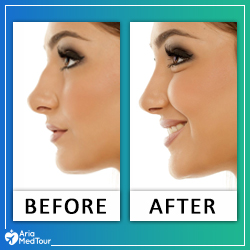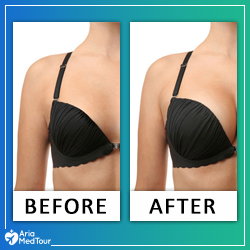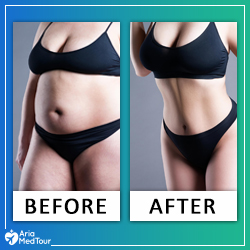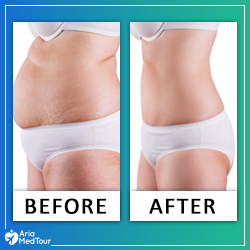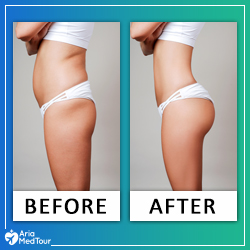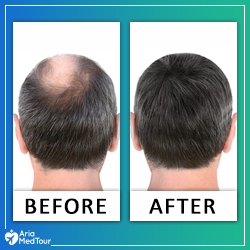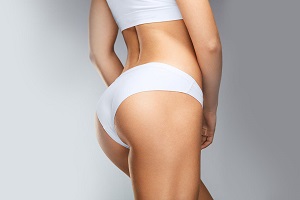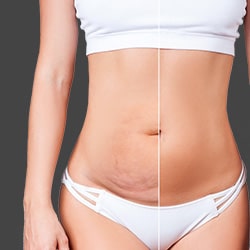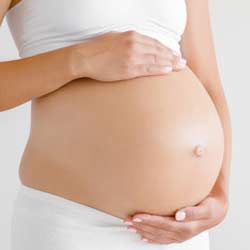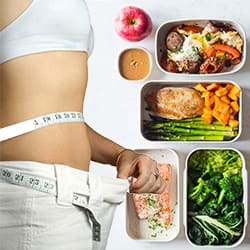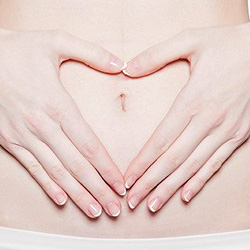Any surgical procedure in general, and a tummy tuck — also known as abdominoplasty — in particular, needs important considerations for a fast recovery and a low risk of complications.
A person who undergoes a tummy tuck, in addition to a list of foods physicians recommend to eat before the operation, will need a systematic post-surgery diet as it plays an important role in the healing process, having a direct impact on the tissue reconstruction and regeneration as well as the recovery process, in general.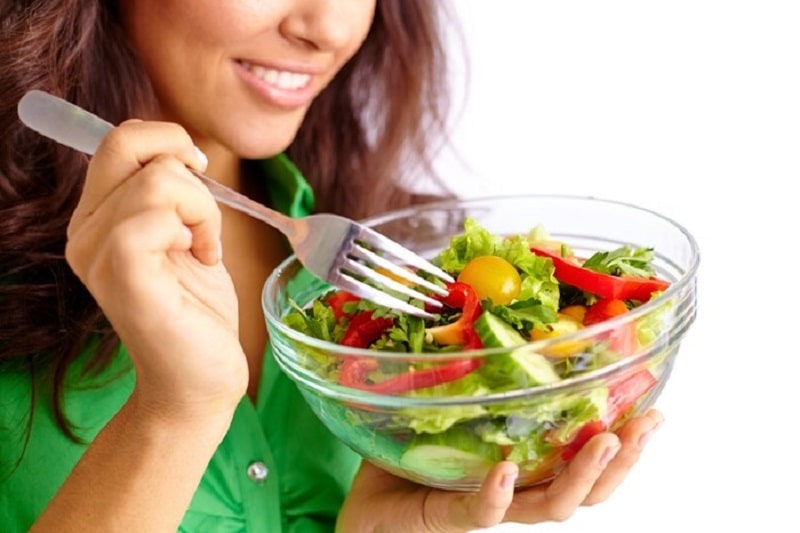
By following a special post-operative diet after a tummy tuck surgery, patients can reduce the side effects of their abdominoplasty.
The post-tummy tuck diet is a list of foods doctors recommend patients to eat during the first week following the surgery.
What foods to avoid after tummy tuck
Processed foods: promote inflammation. Patients should avoid eating processed foods, especially carbohydrates like bread, rice, and cereal.
Alcohol and cigarettes: slow the body’s healing process and thin the blood. Physicians recommend avoiding alcohol and smoking generally from 2 weeks before to 3 weeks after surgery.
Salt: avoid salty foods for at least two to four months after tummy tuck. This is mostly because it may cause body bloat and nobody wants that after a tummy tuck!
Soda: leads to gas and bloating.
Fat: “Fat is the enemy!” Yes, keep this in mind. You have undergone tummy tuck only to get rid of your fats; if you expect a promising result, you should accept the limitations in your diet and take a different lifestyle with exercise and nutritional considerations on the top.
“Not all fat is bad!” Keep this in mind, too. Bad fat is saturated fat that is solid at room temperature and is found in most animal products, as well as fried and processed foods.
Just because you have got rid of fat deposits does not mean that all types of fats are bad. A healthy amount of good fat is essential for your health. The sources of good fat are olive oil, fruits like avocados, nuts, and grains.
A post-op diet does not limit or cut delicious foods, but only creates a healthy lifestyle through restraining unhealthy foods and encouraging healthy and nutritious foods. Therefore, it is important to follow certain dietary guidelines after your abdominoplasty and control your daily intake of calories, fat, sugar, salt, etc.
What foods to eat after tummy tuck
The key here is to focus on low fat, or lean proteins and make that the foundation of your post-surgery diet.
Water
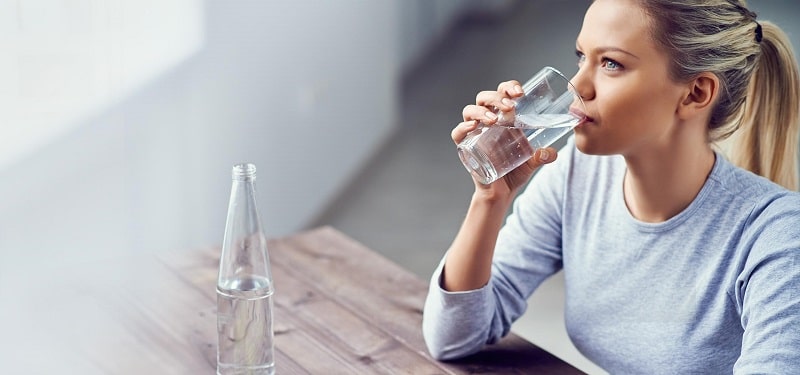
Drinking plenty of water after tummy tuck surgery helps the body heal faster.
After the patient regains complete consciousness after surgery, and in the absence of nausea and vomiting, it is possible to use liquids such as water and juice.
If you keep your body dehydrated, essential nutrients will face problems being transmitted to the surgical site.
Loss of water, as well as low-fiber diet and narcotic pain medications, cause constipation and this, in turn, would lead to abdominal pain. Include foods that are high in fiber in your post-op diet and drink ample amounts of fluid to avoid constipation.
Plain water, light tea, fruit juice, and soups made from fresh and lean meat are recommended for post-op tummy tuck diet.
Carbohydrates
Carbohydrates help restore body strength and help with quick recovery. They prevent muscle loss and stimulates rejuvenation process. Whole grains, brown rice, oatmeal, etc., are good sources of healthy carbohydrates.
Vitamins
Taking vitamins A and C after surgery will ensure optimal healing of the incision, aid skin regeneration, and reduce bruising and the risk of infection.
Vitamin A is found in eggs, dairy, and cod liver oil. Vitamin C is found in citrus, tomatoes, strawberries, and leafy greens.
Proteins
Protein is a key factor in building new cells and structures efficiently throughout the entire healing process. It is found in eggs, lean meats, lean fish, beans, nuts, seeds, dairy products like yogurt, etc.
Post abdominoplasty medications
Caution should be exercised in taking nonsteroidal anti-inflammatory drugs (NSAIDs) such as Aspirin (acetylsalicylic acid), Motrin or Advil (ibuprofen), or Aleve (naproxen) because most of them are all blood-thinning medicines, which can slow wound healing and cause bleeding. Consult with your doctor about the best pain killer after your tummy tuck surgery.
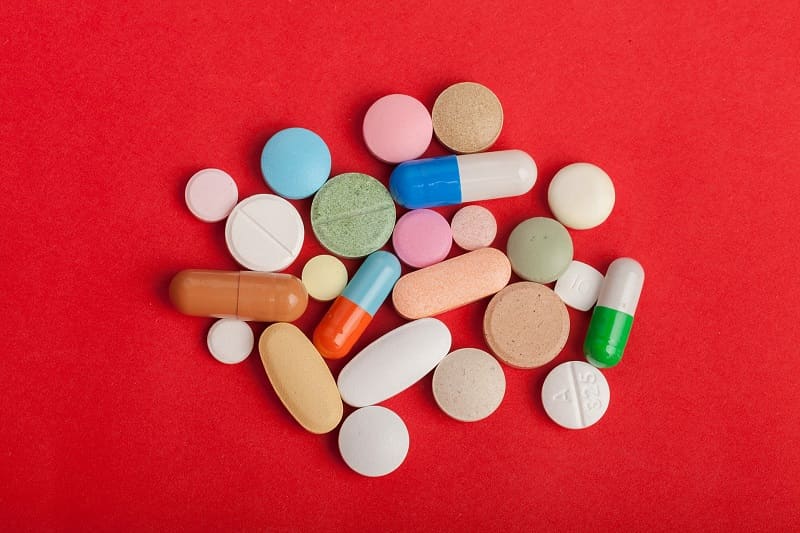
Medications must be taken only with the doctor’s approval.
Your doctor may also prescribe some antibiotics to reduce your risk of developing an infection, which may cause pain, fever, swelling, warmth, or pus.
Following the post-tummy tuck diet rigorously can help you heal faster from your surgery and can certainly help you build stronger muscles to promote the good work your abdominoplasty began.
Keep this old saying in mind: “Eat breakfast like a queen, lunch like a princess, and dinner like a pauper.”
Warning
This article only provides patients with a general approach to diet and medication in the post-surgery period. You, as a patient, should never attempt to self-prescribe post-surgery healing supplements because they could interfere with your recovery. Consult your physician to determine the appropriate diet for your recovery.

